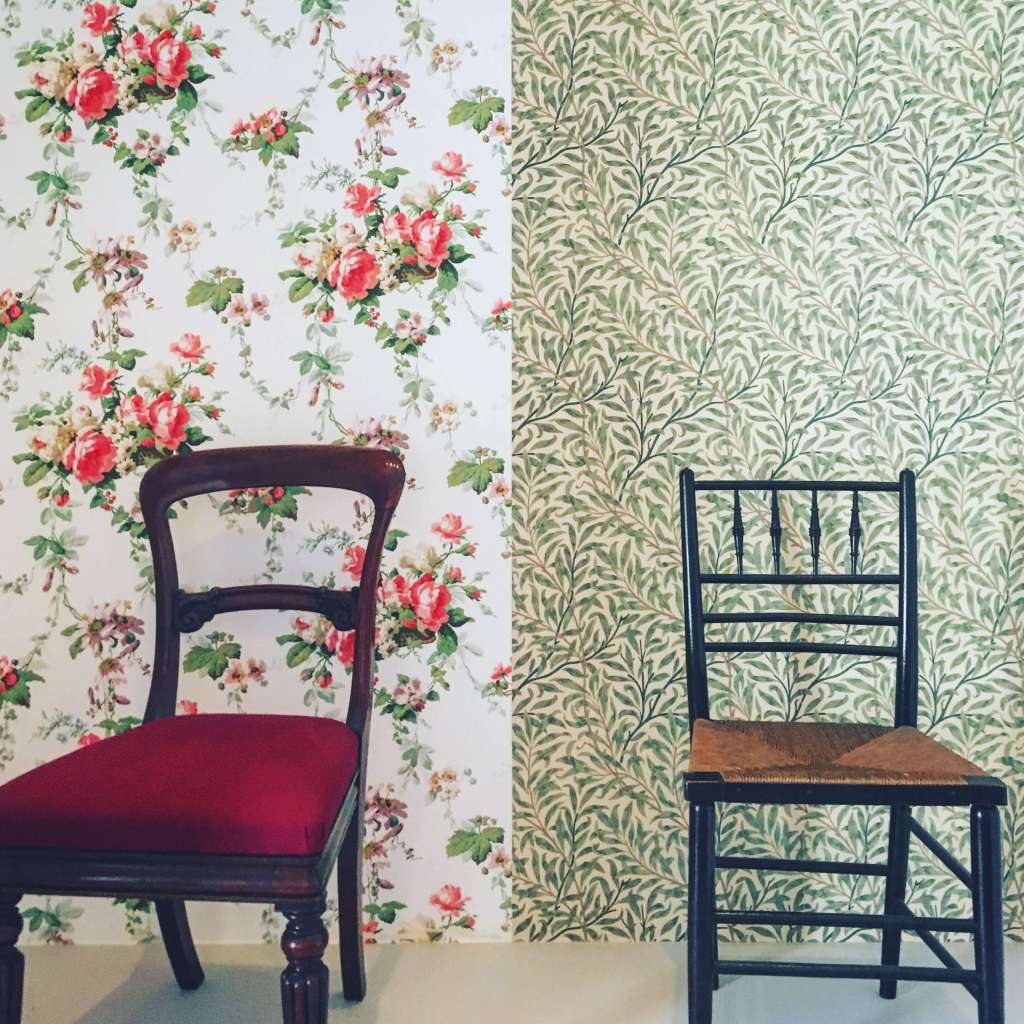Prologue
Therapy ABC is a series of blogs that I put together to help shed some light on the vocabulary of therapy. Each blog will focus on one key phrase that you may have heard in therapy. Let’s find out what these phrases do not mean and what they really mean by your therapist!
Today’s vocabulary is Comparison.
We are conditioned to engage in comparing ourselves with others from a very young age, from siblings at home to classmates and friends in school. In our digital age, new forms of media have opened up more possibilities for comparison. We can now examine ourselves against people who are out of our physical reach, focusing on the one-dimensional image that we see of them.
Comparison can take many forms. For instance, one may:
- compare oneself to other people – monologue: “My friend just got promoted. I am way smarter than them, why aren’t I making more money?.”
- compare oneself to social standard – monologue: “I am turning 30 next year and still not having a stable relationship, how can I show my face in the next family gathering?”
- compare oneself to internal standard – monologue: “Look at me, I look so much bigger than I used to be. I should watch my diet.”
- compare oneself to media representation – monologue: “These celebrities/influencers look like they live a happy, beautiful and perfect life with no effort while I struggle to get out of bed, I am a loser.”
Reading the above, it may sound like I am a therapist who condemns comparison. On the contrary, I find comparison a natural and human thing to do. Humans are social beings. Comparing our behaviours, experiences and values with others’ is a way for us to evaluate our position in social groups and create bonding and coalitions. We feel connected and safe knowing we are in an environment that understands us.
Also, through comparison, we notice our differences from others, which helps our sense of individuality to form. It can also motivate us to further develop ourselves, striving for a “better” version of ourselves. The latter is emphasised especially in the highly competitive, winner-takes-all socio-economical systems that most of us feel like we are in right now.
Having said that, I do wonder if there may be an alternative for motivation and self-development other than comparison, for it is indeed a strategy that comes with a high price on our long-term well-being. Comparison doesn’t know its limit, for “grass is always greener on the other side”. There is always another standard to meet, another summit to climb. This kind of mindset won’t let us rest, let alone feel connected and safe (ironically, this is what comparison sets out to do).
Personally, I think one of the most detrimental effects of excessive comparison is that it deviates us from ourselves. What I mean is that when our validation is based largely on external evaluation, we lose touch with our own anchor. “I am not good enough”, according to whom? Sometimes the deepest pain and regret come after the realisation of the crucial part we have been playing in beating ourselves up.
Hey, let’s not go down into the rabbit hole of comparing ourselves to a supposedly more “enlightened” version we could be, give ourselves yet another reason to self-blame and self-sabotage. How about breaking the destructive cycle of comparison at this moment now by acknowledging it being a natural, human and therefore completely acceptable thing to do?
Hope it helps. Till next time!
Epilogue
This picture was taken in the William Morris Gallery, showing the kind of comparison I am a fan of. It is two chairs engaged in an aesthetic battle: Victorian vs. Arts and Crafts.

Leave a comment